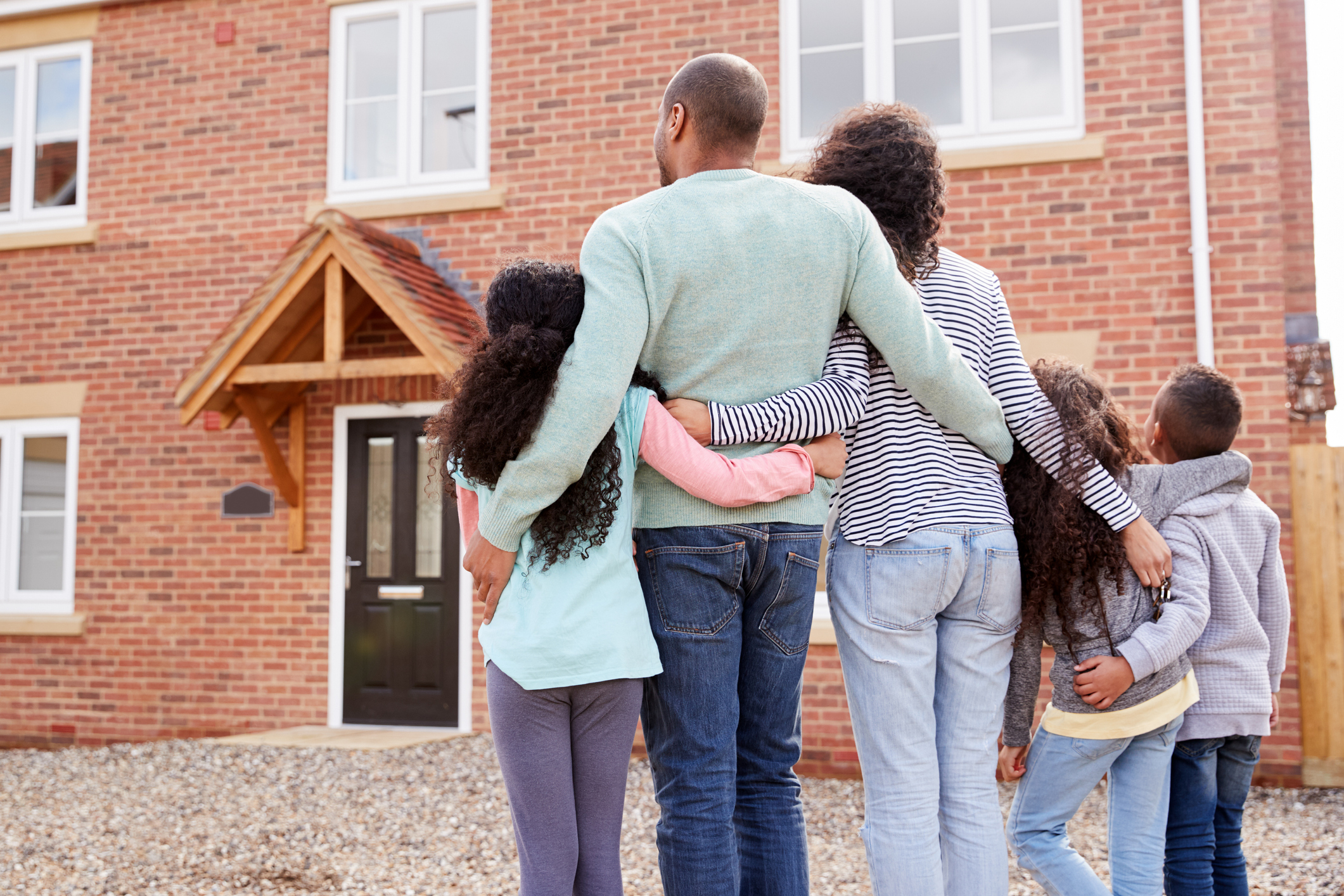“How has your housing situation been affected by the COVID-19 outbreak?” That’s the question RealtyHop recently posed in its annual U.S. real estate survey, which found that almost half of respondents reported that COVID-19 disrupted their housing plans in some way.
Of the 1,702 RealtyHop and RentHop users surveyed, 51.5% of respondents said COVID-19 had no effect on their housing. Of the remaining respondents, 11.4% had to relocate, 20.8% delayed buying a home and 11.9% could no longer afford their rent.
Furthermore, the survey found that a higher percentage of black and Hispanic individuals reported that the virus disrupted their housing plans — about 26%, compared to 16.5% and 17.4% for white and Asian/Pacific Islander populations, respectively.
African American, Hispanic and Asian/Pacific Islander populations were also found to be more likely to be unable to afford rent payments following the outbreak. According to the survey, African American respondents were 2.25 times more likely than white respondents to not be able to afford rent due to the effects of COVID-19.
The survey also asked respondents how comfortable they were living in an urban area post-pandemic. The most common response was “neutral,” with 36.4% of respondents agreeing that they feel no more or less comfortable living in a city.
The second most common response was “disagree” (19.8%) and “strongly disagree” (15.7%), “agree” (15.2%), and finally “strongly agree” (12.9%) that they would be less comfortable living in a city. Overall, this means that 28.1% felt less comfortable living in an urban environment, 36.4% were neutral, and 35.5% were comfortable.
RealtyHop calculated responses according to race. While “neutral” remained the most common answer for all races, some variation was found. Black and Hispanic respondents were most likely to respond “neutral,” while white and Asian/Pacific Islander were slightly more likely to respond “strongly agree” and “agree” than other respondents.
Income also played a role. Households with annual incomes of $45,000 or less were more likely than other income groups to respond that they were still comfortable living in urban areas. Those in households earning over $125,000 were, by contrast, more likely to report feeling less comfortable living in an urban area following the outbreak. Those in middle income brackets — $45,000 to $85,000 and $85,000 to $125,000 — were fairly evenly spread in the responses.

